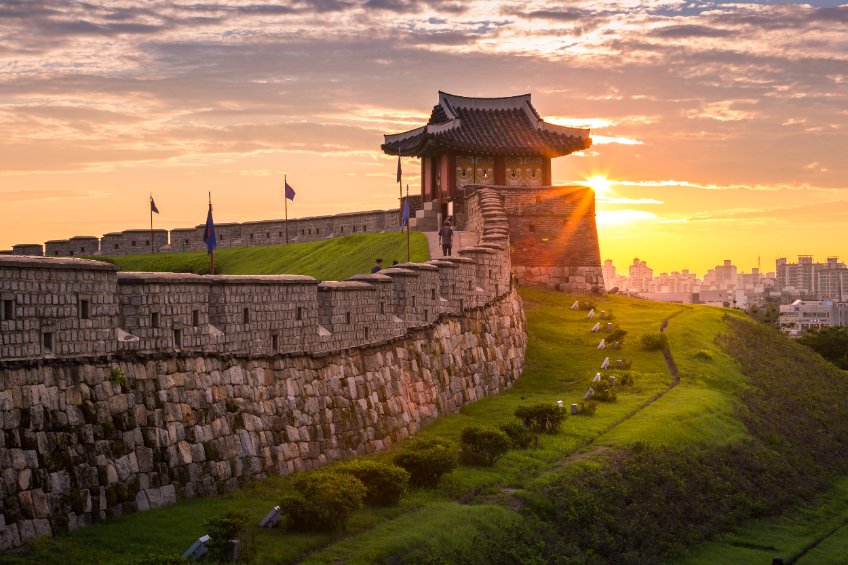List of Prohibited Medications in Korea

List of Prohibited Medications in Korea
What Medications are Banned in South Korea?
The Catalogue of Prohibited Medicines in Republic of Korea
Introduction
Korea’s healthcare system is well-regarded globally for its proficiency and extensive coverage. However, the nation also upholds strict pharmaceutical regulations, encompassing a list of prohibited medications that includes several over-the-counter (OTC) and prescription drugs. This article will navigate through this intricate landscape, elucidating the regulations and limitations in the context of prohibited medications.
The Regulatory Authority: Ministry of Food and Drug Safety (MFDS)
The Korean MFDS takes center stage in scrutinizing, endorsing, and controlling drug distribution within the country. The MFDS permits the sale and administration of medications they have assessed and found to be safe and effective. However, specific drugs, including some OTC and prescription medications, are deemed off-limits due to potential risks and concerns related to misuse and health hazards.
OTC Medications Off the List
Intriguingly, Republic of Korea prohibits a host of OTC drugs easily obtainable in other nations. The principal category of prohibited substances here is amphetamines, a group of potent stimulants. Certain cold and flu medicines containing pseudoephedrine, classified as an amphetamine, fall into this prohibited category.
Furthermore, select pain relievers containing codeine, a narcotic painkiller, are also off-limits due to potential misuse and risk of dependency. For this reason, anyone planning a visit to Korea is strongly advised to meticulously examine their OTC medication ingredients to comply with the local rules.
Prescription Medicines Facing Restrictions
The field of prescription drugs is more nuanced, with certain medications commonly used in other nations facing restrictions in Korea. The reasons range from differences in medical practices to safety considerations and the risk of substance abuse.
A significant example is medical marijuana. Although a growing number of countries are endorsing and legalizing medical marijuana, it remains strictly forbidden in Korea. The possession, usage, or transportation of the substance can lead to stringent penalties.
Additionally, potent narcotics, benzodiazepines, and other psychoactive drugs prescribed for a variety of conditions elsewhere are heavily regulated in South Korea due to their abuse and dependency potential. Therefore, individuals relying on such medications for chronic conditions should verify their legal status in South Korea and consult with healthcare professionals for alternatives, if necessary.
Navigating the Prohibitions
To adeptly maneuver through these complex regulations, comprehensive research and consultation with healthcare professionals is key. The MFDS provides an exhaustive list of prohibited substances and offers essential information on the topic. When in doubt, it is advisable to reach out to the South Korean embassy for guidance.
Conclusion
Having a thorough understanding of the list of prohibited medications in South Korea is a crucial step for seamless healthcare management and legal compliance. Although the process may appear complicated, the regulations aim to safeguard public health and ensure responsible use of medications. As we collectively strive for improved global health, acknowledging and respecting the unique approaches to healthcare in each country remains a fundamental part of the journey.










